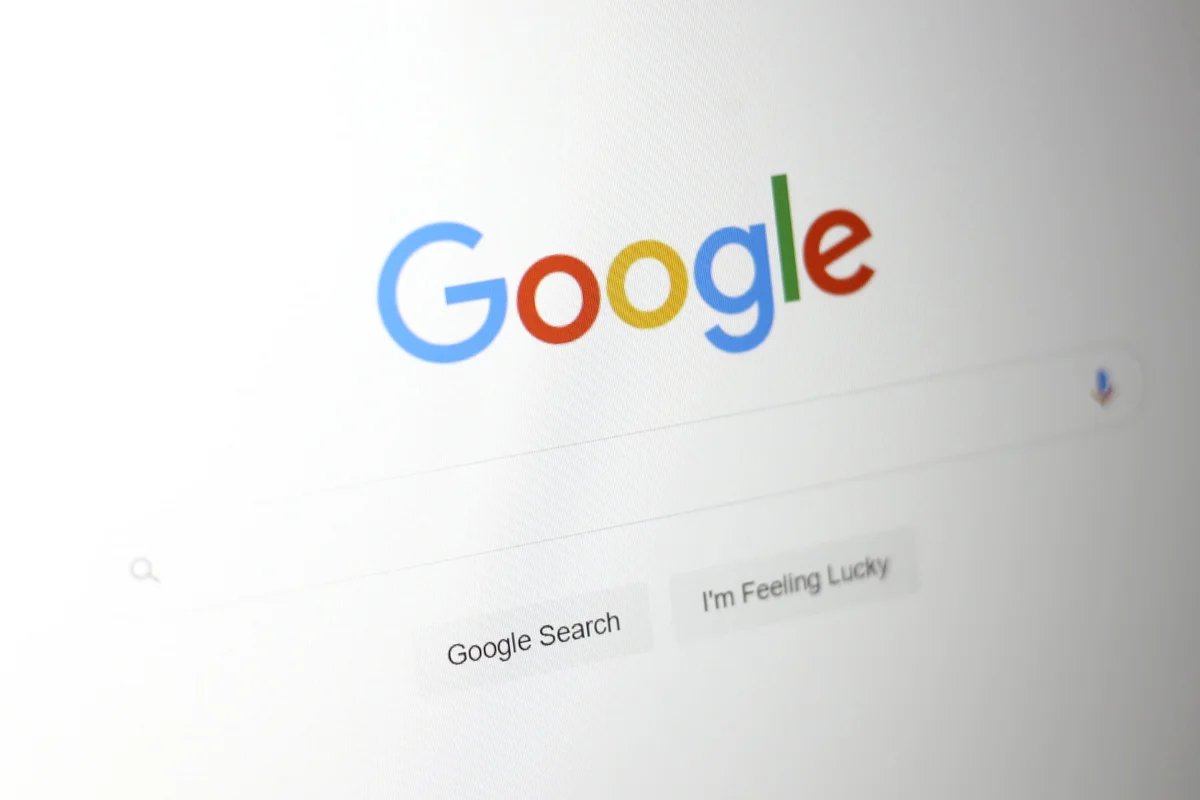Google eliminates its ‘cheat’ button that gave AI answers to questions and irked teachers
By Erin Keller
Copyright independent

Google has temporarily disabled its “homework help” button after criticism from professors across the country.
In early September, Google introduced the button in its Chrome browser that auto‑appears on educational websites. The feature uses Google Lens to scan on‑screen quiz content and generate AI‑based answers, even during tests.
The rollout immediately triggered backlash from universities, including UCLA, UC Berkeley, and Emory, whose professors spoke to the Washington Post, claiming the “homework help” button could make cheating a breeze.
“Google is undermining academic integrity by shoving AI in students’ faces during exams,” Ian Linkletter, a librarian at the British Columbia Institute of Technology, told the outlet. “Google is trying to make instructors give up on regulating AI in their classroom, and it might work. Google Chrome has the market share to change student behavior, and it appears this is the goal.”
Critics argued that the button essentially acted as a “cheat button,” circumventing instructor control and undermining the learning process rather than helping it. There were also worries about how student data from secure or exam settings could be exposed.
Washington Post reporter Geoffrey A. Fowler said Google told him that they paused the feature several days after he contacted the company for comment, although they did not commit to removing it permanently.
“Students have told us they value tools that help them learn and understand things visually, so we’re running tests offering an easier way to access Lens while browsing,” Google spokesman Craig Ewer told him in a statement. “We continue to work closely with educators and partners to improve the helpfulness of our tools that support the learning process.”
The Independent has also contacted Google for comment.
Melissa Loble, chief academic officer at Instructure, the maker of Canvas course software, says she’s working to prevent AI study aids, like Googe’s and ChatGPT, from being used for cheating.
“We don’t support or condone this tool or anything that leads to academic dishonesty,” Loble told the Washington Post.
Colin Horgan, spokesperson for D2L, the company behind Brightspace, a competitor to Canvas, added, “We’re glad to see Google has paused the extension for now. However, we share the concerns this tool raised about academic integrity and the privacy and security of student data.”
Educators are also concerned by the “homework help” tool’s inconsistent appearance on course and assessment pages, and are questioning how it selects content. Some worry it may transmit data from private, password-protected course sites to Google.
Sage Freeman of Chemeketa Community College called such data capture “irresponsible and unethical.” Fowler said Google told him that it doesn’t retain data beyond temporary processing and doesn’t use it to train AI.
While schools can disable the tool through Google for Education accounts, that option doesn’t help much at universities, where students often use personal devices.
“It’s wild to me that the response from Google describes this as ‘supporting the learning process,’” Brandon Cooke, a philosophy professor at Minnesota State University at Mankato, told the outlet. “I would much prefer that students come to me for help, instead of going off the ranch.”



